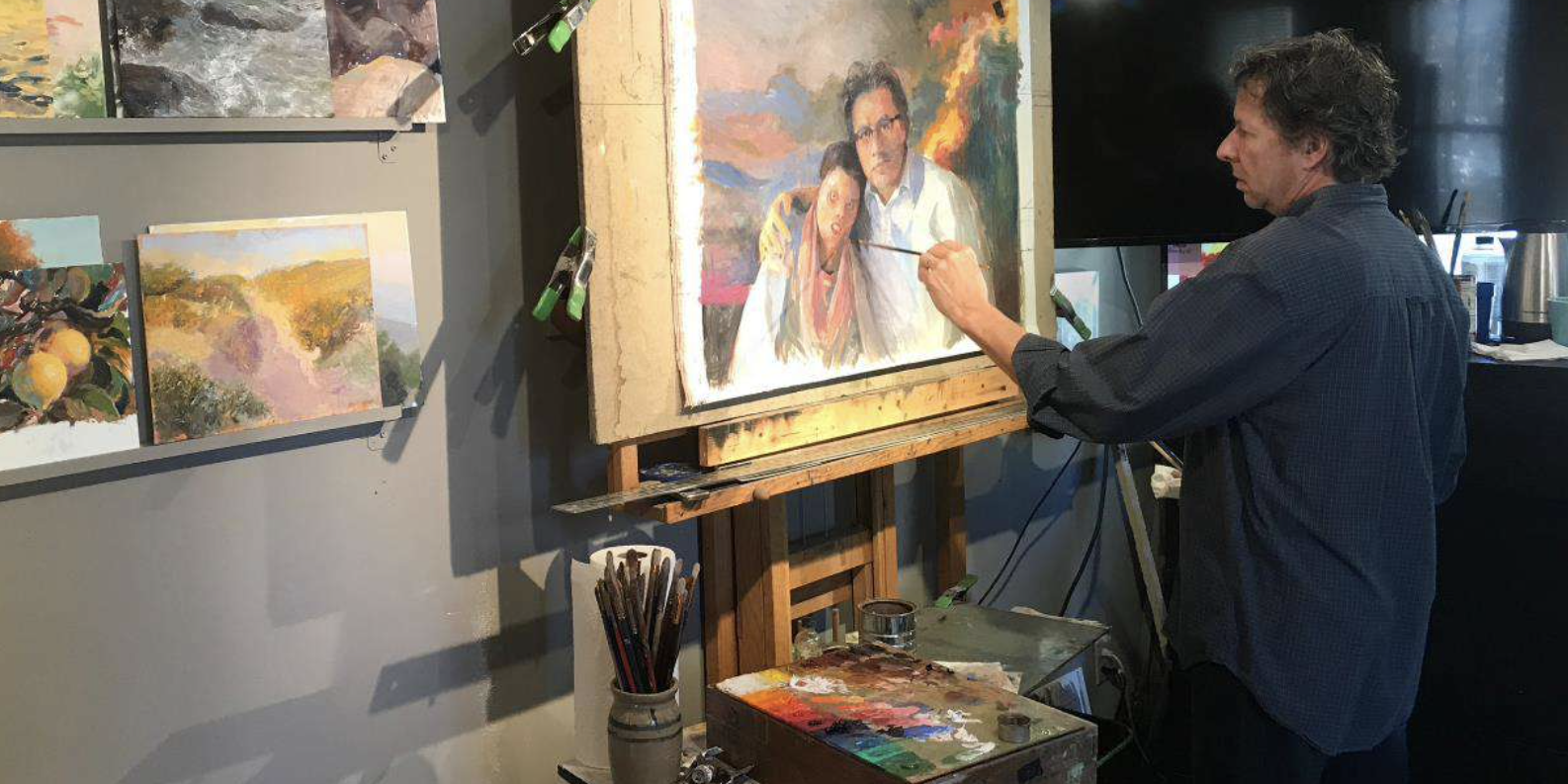My father gifted me Kahlil Gibran’s The Prophet in my early teens, on the cusp of adulthood. Gibran’s words today echo a lifetime of experiences, but then, as a young man reading them for the first time, I sensed a truth that answered an as-yet-unasked question. Gibran’s words were profound yet simple enough to break through my immaturity. I had no clue then the net the truths would provide a decade and a half later.
“The deeper that sorrow carves into your being, the more joy you can contain,” said the Prophet.
Depth. The word stood out to me. I was a happy kid. I had friends, loving parents, and a safe neighborhood to play to our mostly blissful hearts’ content. But depth? I may have a few thoughts that pried beneath the surface, but, truly, it was unexplored territory.
I read the line again. Something within me suggested I not let this go. I was in middle school then, and change was happening. Questions arising. This Gibran fellow opened the door to there is this, but there is that, and the two intertwine. One cannot be without the other.
I tucked that quiet, not-yet-understood truth away as a sort of future survival note, for that was what middle school life was: survival. Gibran’s voice was gentle, yet it was loud enough for me to begin to question the value of bliss for the sake of itself. It was the beginning of rethinking shallow, which I was.
Another line in the Prophet’s discourse on joy and sorrow also pricked me, though it would be almost twenty years before I voiced the question it answered: “Your pain is the breaking of the shell that encloses your understanding.”
It has been forty-five years since I cracked open that little yellow book. For years I ran from pain or did my best to keep ahead of it. Not even Superman can outrun pain. I had believed strength was the opposite of humility. Oh, so not true. That was a painful understanding.
Note to readers: this is an excerpt from my memoir in progress. We all have a story; mine is about living every day of my life.






